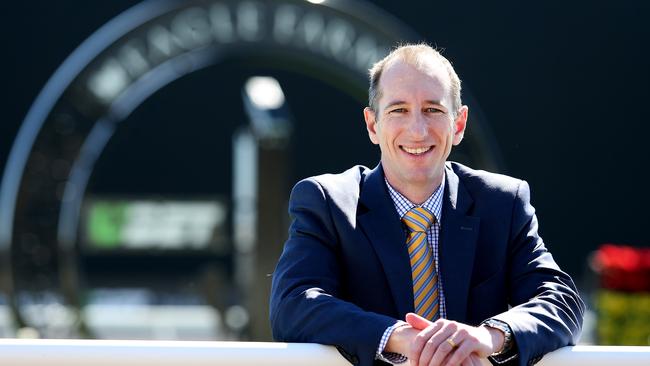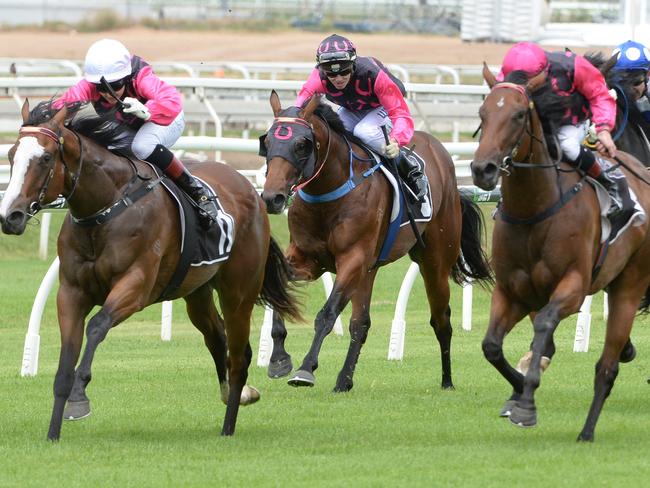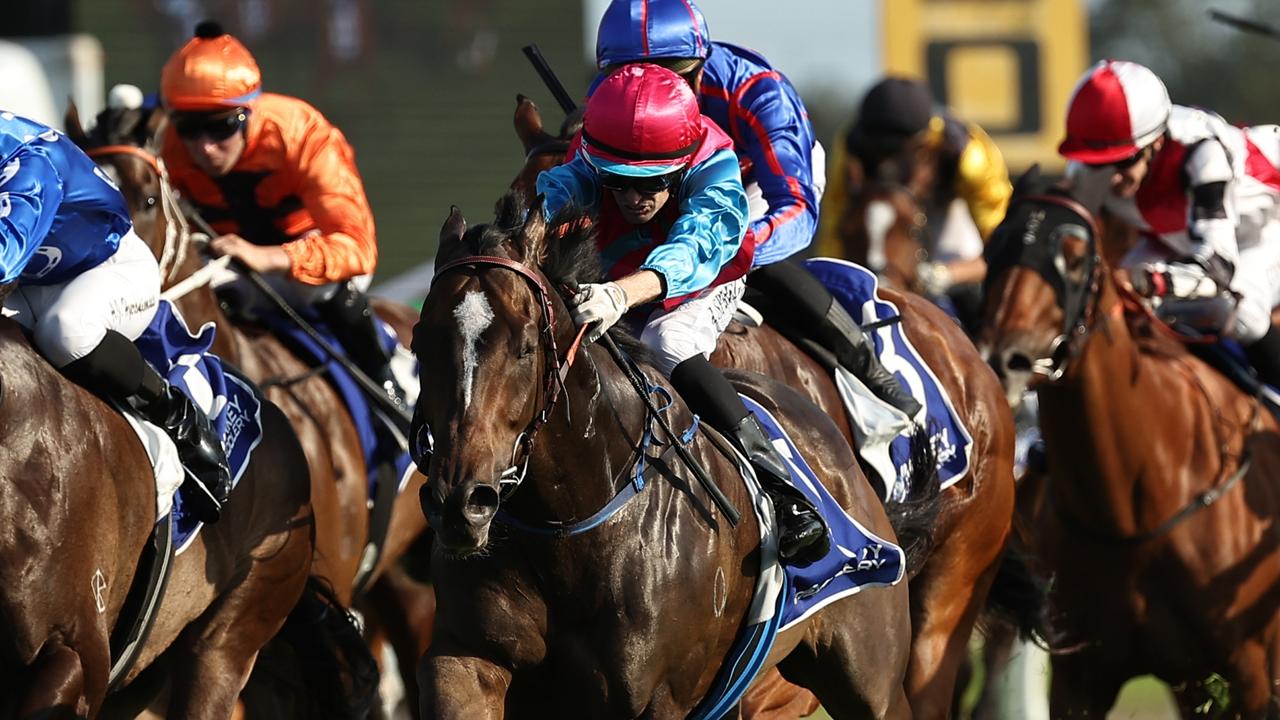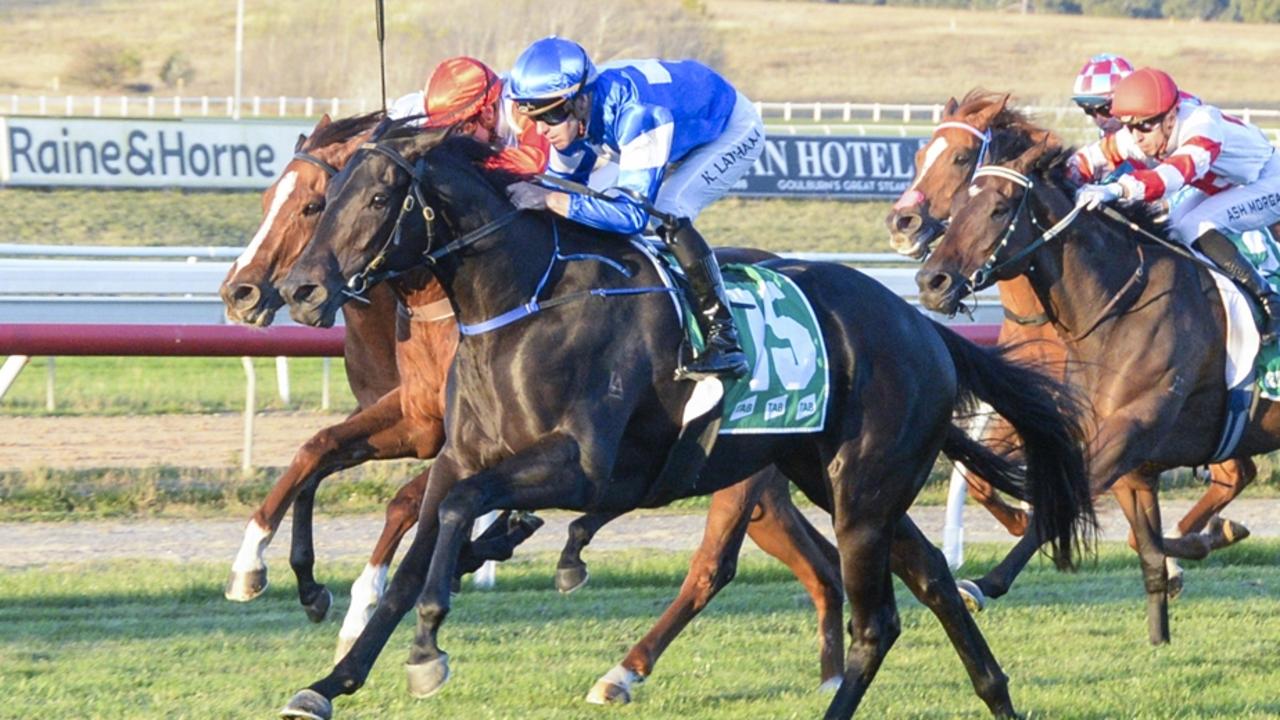Bookmakers’ base rate set for turnover time
RACING Queensland has gambled on bookmakers turning over more on the state’s racing in a bid to boost the embattled industry’s bottom line.

RACING Queensland has gambled on bookmakers turning over more on the state’s racing in a bid to boost the embattled industry’s bottom line.
As Queensland prepared for its richest race day at next week’s $10 million Magic Millions on the Gold Coast, RQ boss Eliot Forbes released on Friday the new Race Information Fee schedule.
The new deal was likely to be welcomed by corporate bookmakers but there remained a gulf between what is paid to the industry by wagering partner UBET, which gives around 39 per cent of revenue.
The base rate for bookmakers would now be 1.75 per cent on turnover or 20 per cent of net revenue, whichever is higher.
Most “premium” meetings have been removed, with only 16 thoroughbred meetings charged at the higher rate of 2.5 per cent or 30 per cent of revenue.
The concern for some in the industry is that the new Race Information Fee schedule, which is below rates imposed by previous RQ boards, gives corporate bookmakers more ammunition to pull customers away from UBET.
Forbes was adamant the “more competitive” rates would reap dividends.
“It’s a model that will bring enhanced returns to Racing Queensland,” he said.
“We have changed the pricing methodology, moving to a model that is aligned to each operator’s business model.”
Betfair, the pivotal market in determining betting prices on Australian races, welcomed the new schedule.

It has moved from a turnover-based fee to a flat rate of 35 per cent of net revenue.
Betfair reacted by dropping its market base rate for wagers on Queensland racing, meaning it would now be cheaper for punters to use the exchange.
The base fee would drop from 8 per cent to 6 per cent, bringing Queensland into line with Victoria.
Betfair chief executive Tim Moore-Barton said it was a great outcome for Betfair customers.
“We are pleased to be working with Racing Queensland to ensure competitive pricing and a substantial growth in wagering activity,” he said.
The reduction is a U-turn from where RQ was positioned previously with exchange operators, who were being charged up to 80 per cent of their revenue in some instances.
“The previous pricing regime didn’t take any account of the exchange model and this will bring us in line with prevailing market rates that Betfair returns similar to other states,” Forbes said.
Originally published as Bookmakers’ base rate set for turnover time




